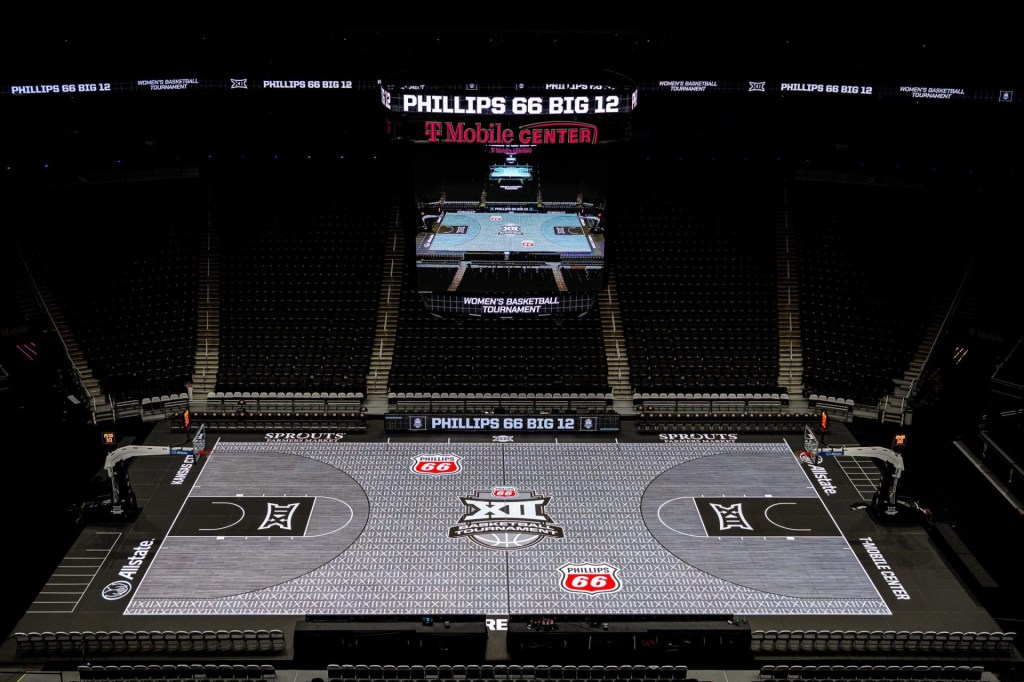Inside Congress, the debate over the specifics of a federal name, image, and likeness law have turned almost completely away from NIL itself.
After 10 hearings, three years of debate, and a reported almost-compromise, a major sticking point has emerged: the NCAA’s concept of amateurism.
“If this was just about NIL, you would have a bill,” one Democratic Senate aide told Front Office Sports.
Multiple Senate Republicans have introduced legislation that would codify amateurism, or the belief that college athletes are not university employees.
Sen. Ted Cruz’s (R-Texas) proposal would put that language in writing. Sens. Tommy Tuberville (R-Ala.) and Joe Machin (D-W.Va.) included language that could prohibit schools from sharing revenue with athletes. They hold that athletes don’t want to be employees.
But many Democrats are against including this sort of language in a federal bill, aides said. Sens. Chris Murphy (D-Conn.), Cory Booker (D-N.J.), and Richard Blumenthal (D-Conn.) have all introduced legislation either in favor of athlete employment status or collective bargaining, or not addressing it at all. Sen. Jerry Moran (R-Kan.) signed onto a bill with Booker and Blumenthal.
A Republican aide suggested that Democrats, who appear interested in broadening a bill to include health and safety standards, could negotiate for these additions in exchange for codifying amateurism. The Democratic aide all but scoffed at the proposal.
On both sides of the aisle, it’s understood that codifying amateurism could be seen by Democratic offices as a labor issue, not just a college sports issue. So it’s unlikely that many liberal lawmakers would sign on, no matter how much interest they have in college sports.
There are other issues, too — including whether the NCAA should receive limited antitrust protections to regulate NIL rules, or if a federal governing body should oversee enforcement.
A federal agency overseeing NIL is “not going to fly with most Republicans,” one of the aides said. But an antitrust exemption likely wouldn’t fly with most Democrats, as it would be another method the NCAA could use to stamp out legal attempts at getting athletes employment rights.
There isn’t even bipartisan agreement that Congress should act. The Democratic aide suggested that it’s unclear to them whether there’s enough of a problem with NIL right now for Congress to step in.
Congress may not have the chance. Over the past three months, multiple sources — including those inside Congress and outside — have provided conflicting predictions about the likelihood of a bill actually passing.
The number of hearings on the subject, meetings between lawmakers and college sports leaders, and even headlines related to conference realignment, have suggested there could be an appetite to pass a bill.
But multiple sources have said the momentum just isn’t there — lawmakers appear to have more important issues to conquer at this juncture.
Congress has been stymied over the past three weeks without a House speaker, until House Republicans successfully elected Rep. Mike Johnson (R-La.) on Wednesday.
The Senate Commerce Committee — which has jurisdiction over NIL — intends to hold yet another hearing at some point in the next two months. Sen. Raphael Warnock (D-Ga.), a member of that committee, met with SEC Commissioner Greg Sankey and Big Ten Commissioner Tony Petitti on Wednesday.
But as for actually bringing legislation to the floor, Congress will likely now turn to the looming government shutdown and wars in Israel and Ukraine; one of its first acts on Wednesday was to pass a general resolution in support of Israel.
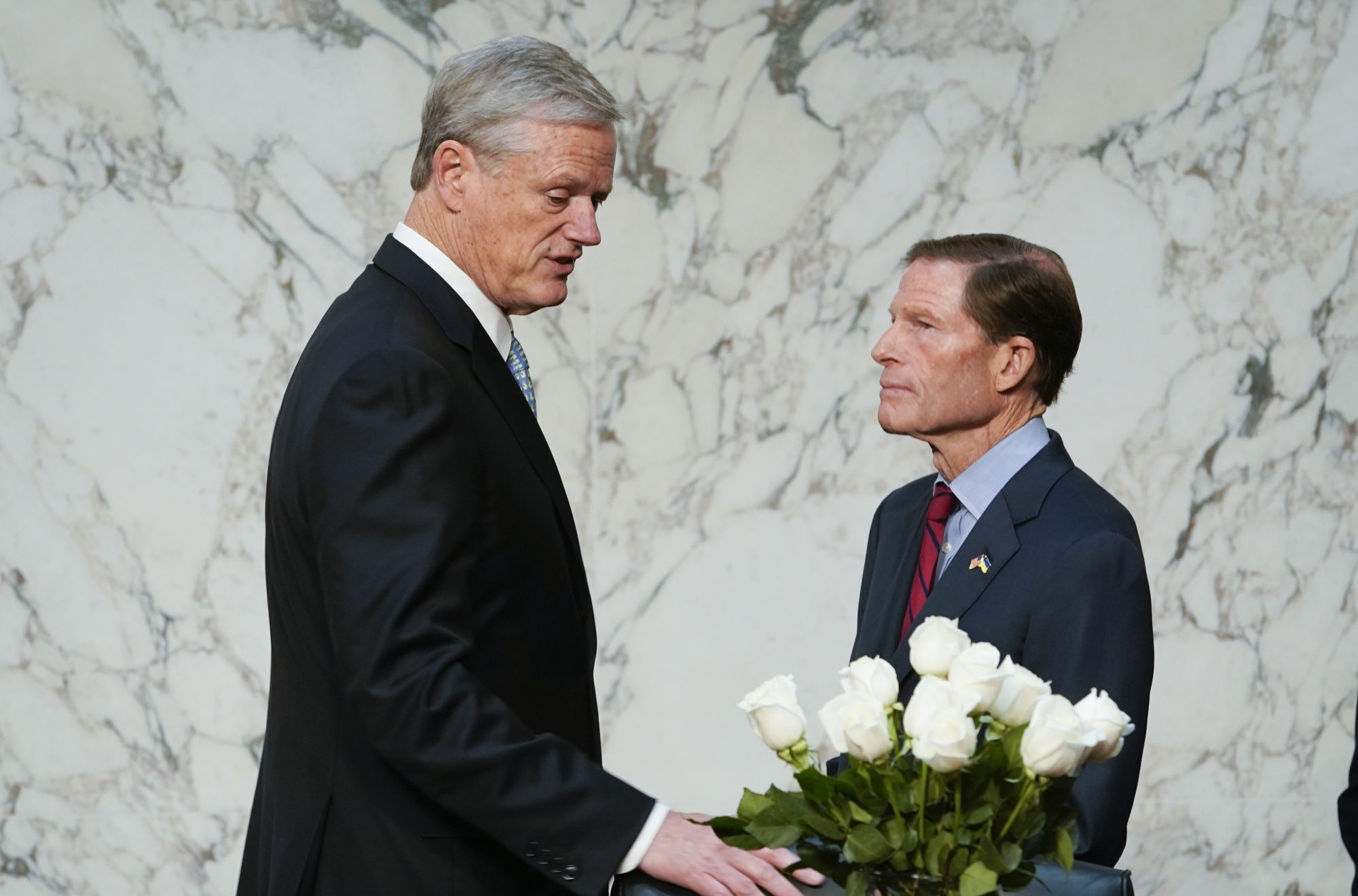
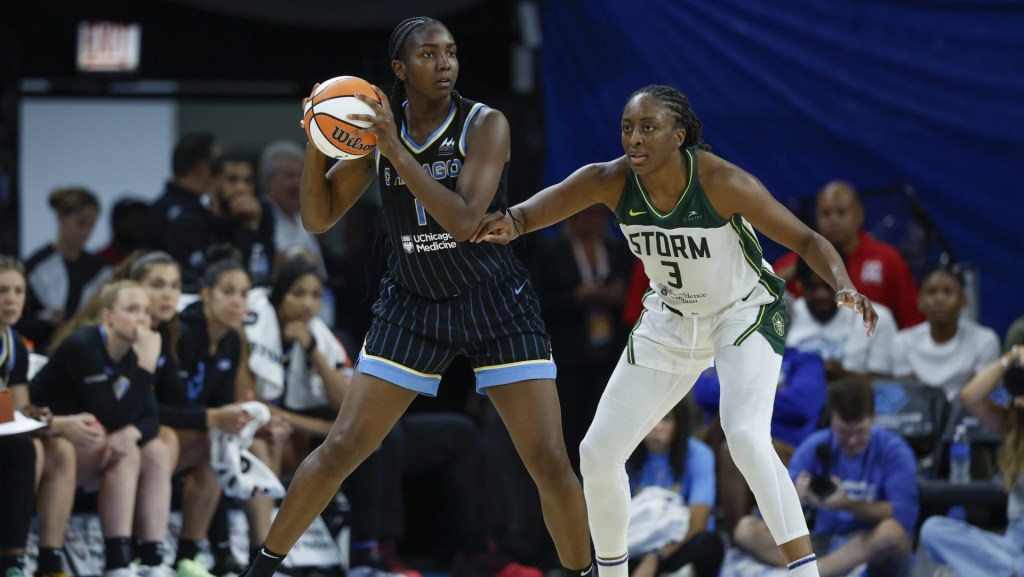
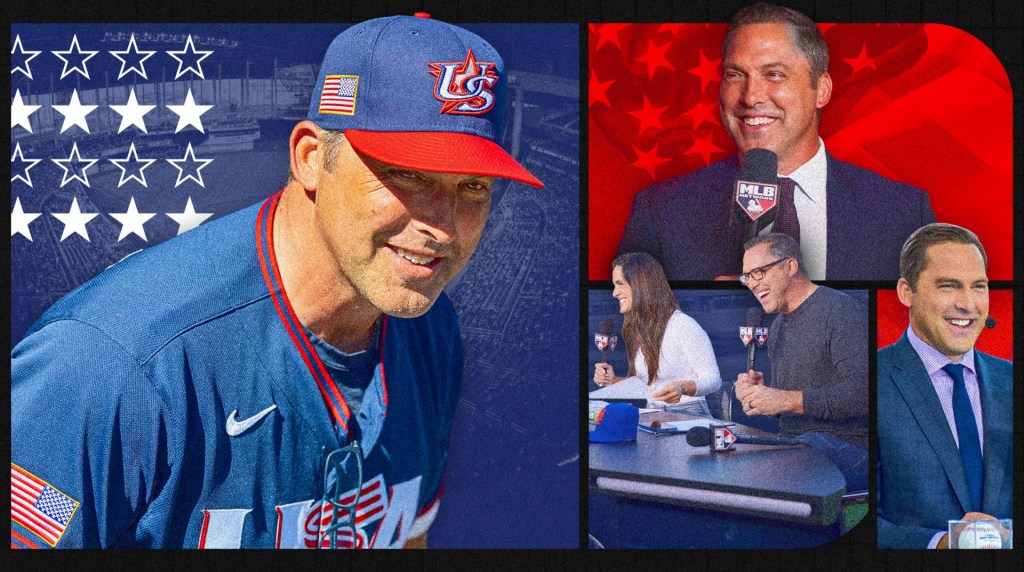
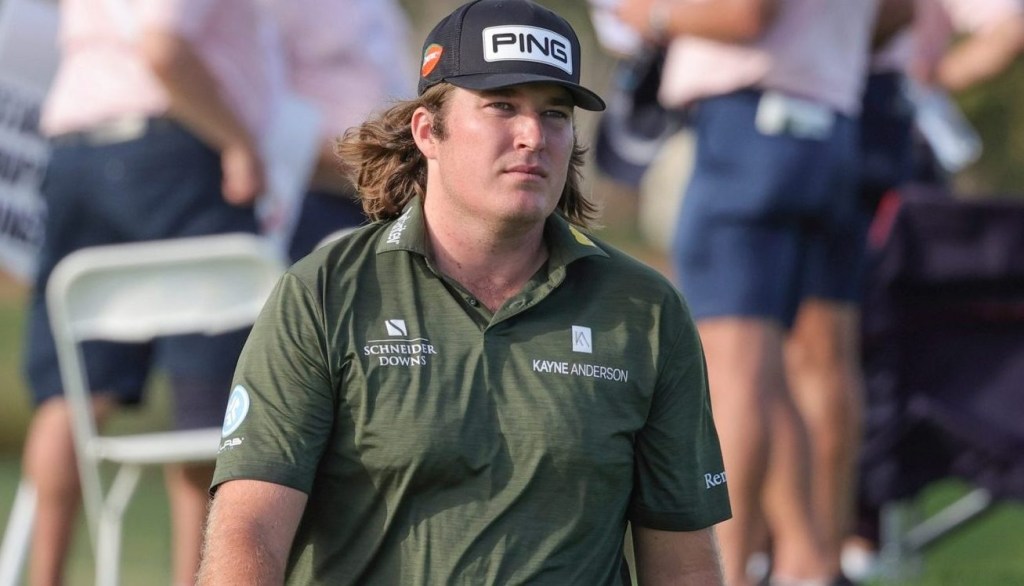
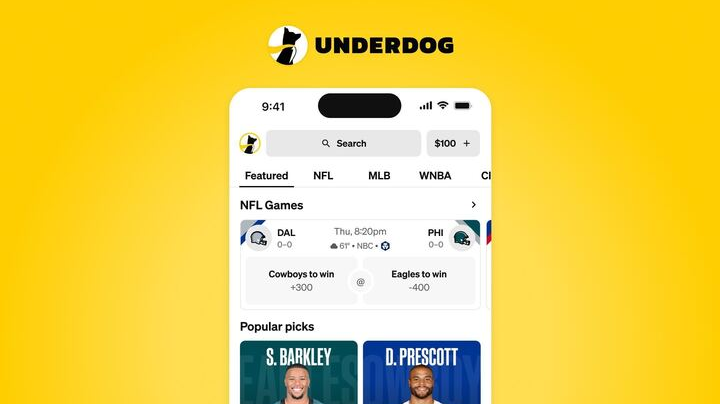


![[Subscription Customers Only] Jun 15, 2025; Seattle, Washington, USA; Botafogo owner John Textor inside the stadium before the match during a group stage match of the 2025 FIFA Club World Cup at Lumen Field.](https://frontofficesports.com/wp-content/uploads/2026/02/USATSI_26465842_168416386_lowres-scaled.jpg?quality=100&w=1024)
![[Subscription Customers Only] Jul 13, 2025; East Rutherford, New Jersey, USA; Chelsea FC midfielder Cole Palmer (10) celebrates winning the final of the 2025 FIFA Club World Cup at MetLife Stadium](https://frontofficesports.com/wp-content/uploads/2026/02/USATSI_26636703-scaled-e1770932227605.jpg?quality=100&w=1024)
